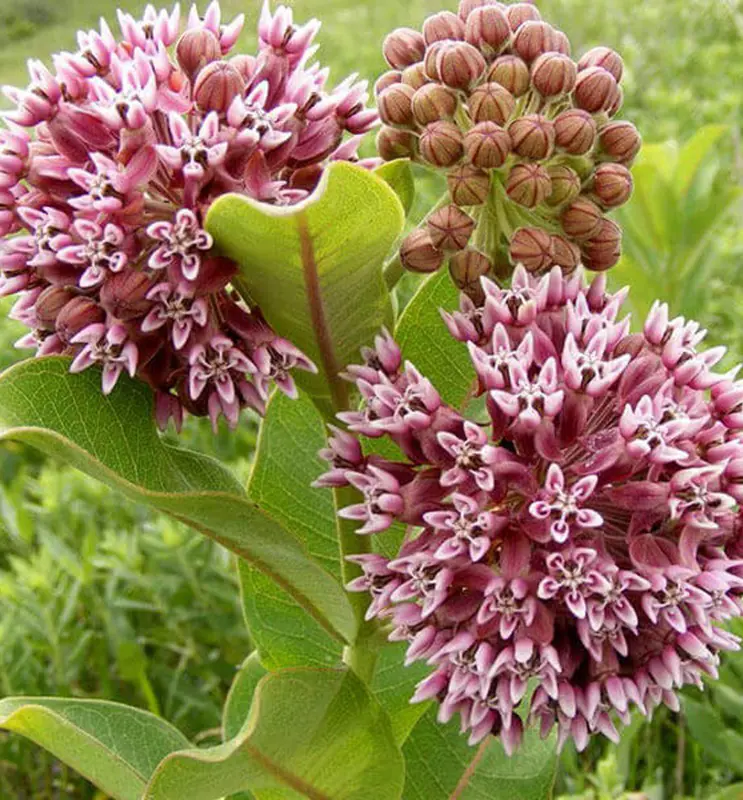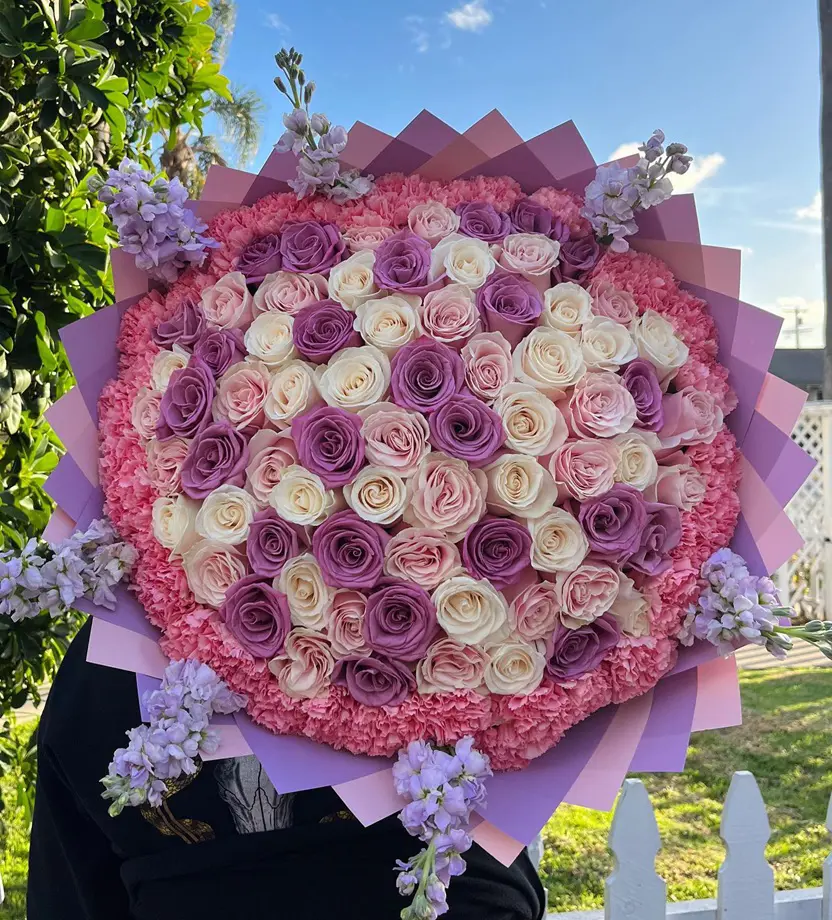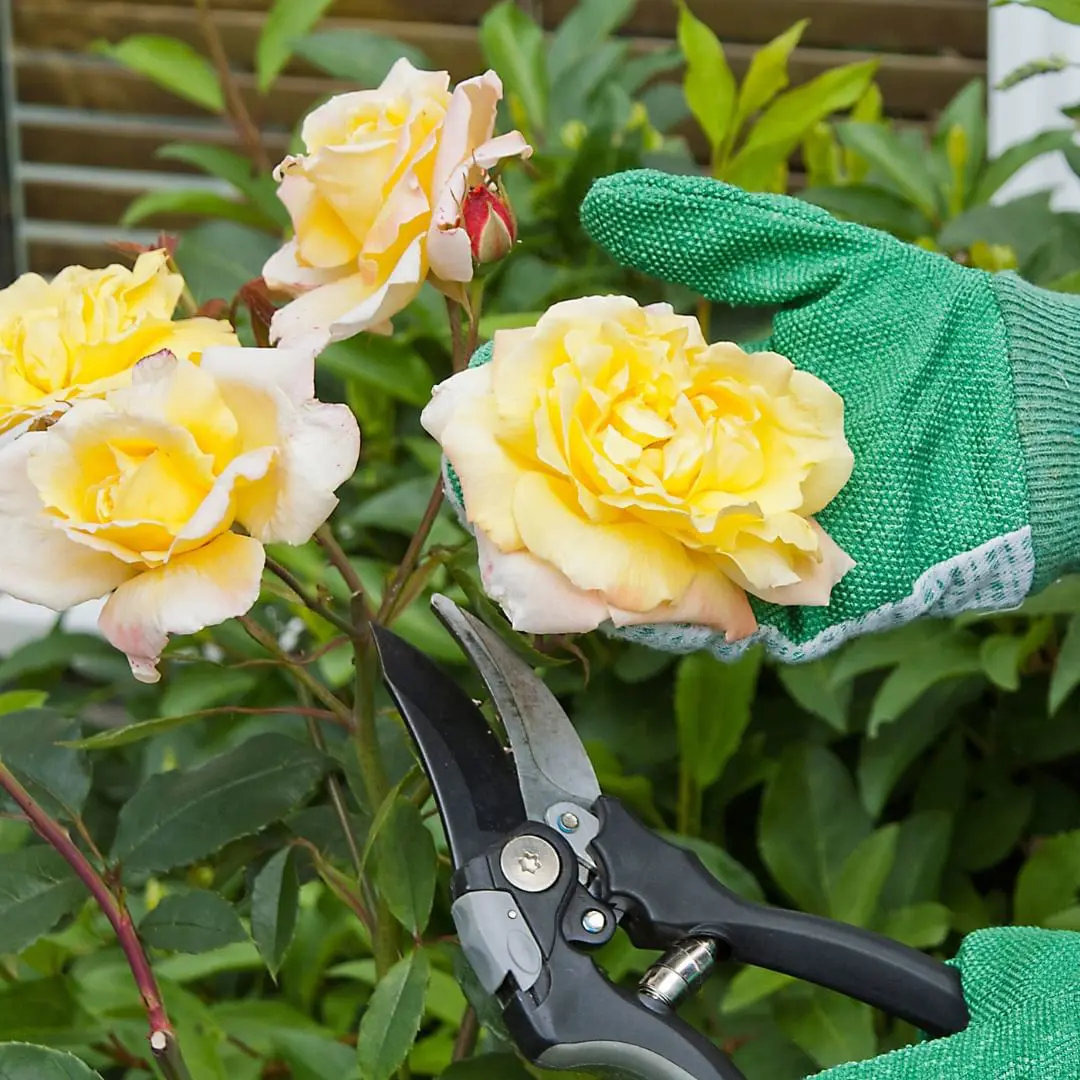12 Effective Mosquito Repellent Plants to Keep Your Yard Bug-Free
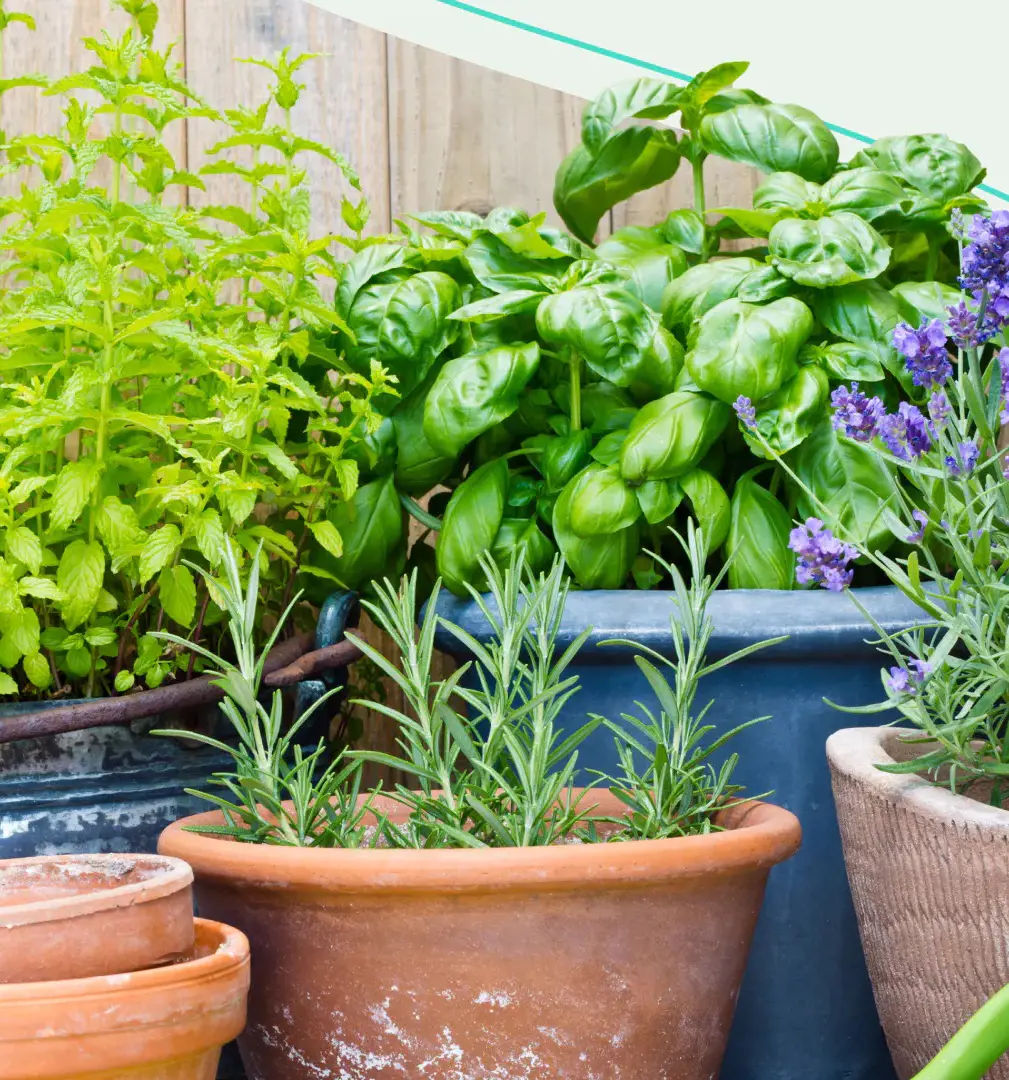
This post may contain affiliate links. If you make a purchase through links on our site, we may earn a commission.
Most of us are fond of insects, perhaps not all of them! Mosquitoes for instance are not considered even likable by many. Their buzzing sound is bothering and all of us wish them to stay away from our home and surroundings. To deter them, different flowers and plants have been used for ages.
A list of 12 such plants that can help repel mosquitoes is presented in this article. Look thoroughly and try any of them at your home to get the desired results.
1. Marigold

Using the flowers of marigolds is one of the effective ways of repelling mosquitoes. Various chemicals present in this flower such as lutein can force the mosquitoes to stay away.
Additionally, their yellow and orange flowers increase the aesthetic beauty of your surroundings. More importantly, this option is environmentally friendly and does not harm you or the ecosystem around you.
2. Basil
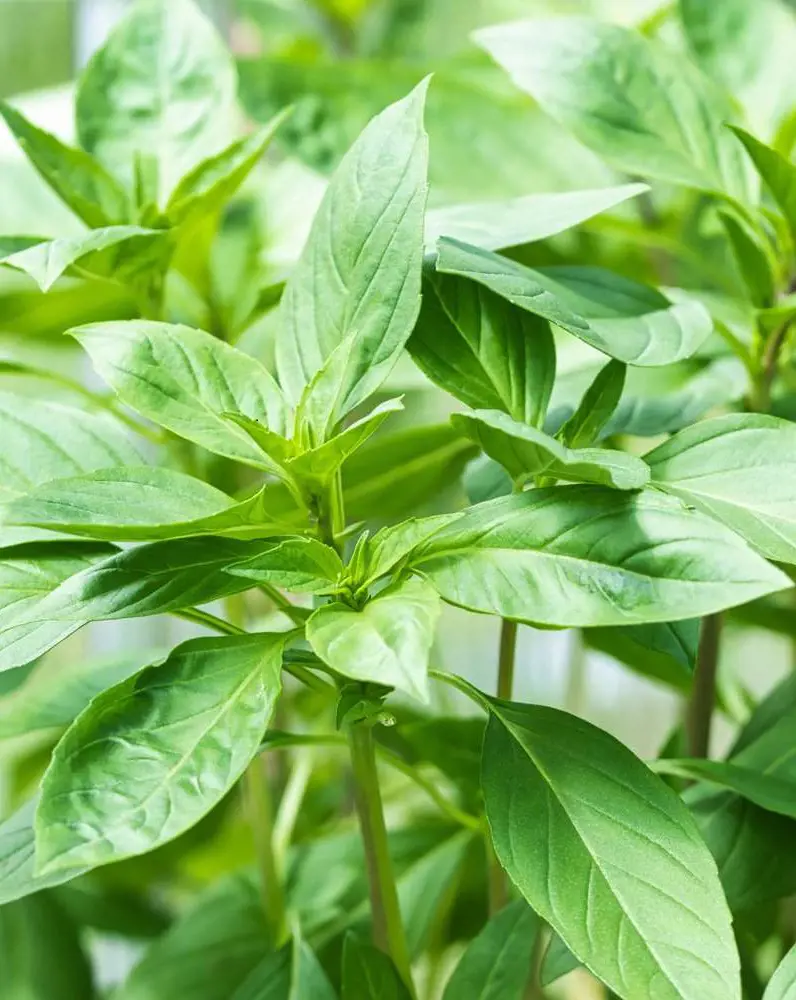
Basil is another good choice for mosquito repellent. This herb can be consumed with various dishes and drinks. It has chemicals such as estragole, citronellal, etc., that can repel mosquitoes amazingly.
You can also use basil leaves to make spray. This spray can be made by adding basils in boiling water for a few minutes. After the solution is cooled, pour this mixture into a bottle with a spray nozzle. Then, you can spray this at those places where mosquitoes regularly hide.
3. Citronella Grass
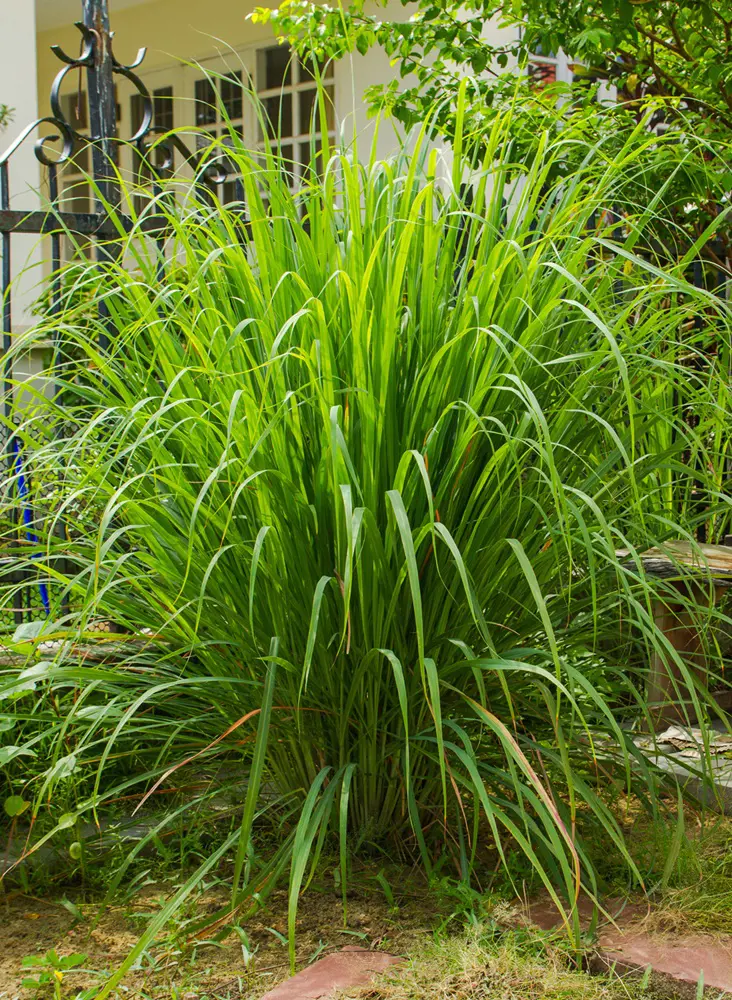
The essential oil of citronella grass is another excellent method that keeps mosquitoes at bay. This grass has chemicals like citronellal, citronellol, etc. whose smell is almost unbearable to most insects including mosquitoes and consequently repelling them.
You can directly apply citronella oil by mixing it with almond oil, jojoba oil, etc. As some people have very sensitive skin, make sure to do a patch test to check your sensitivity before applying this to your body. If you are making a spray, mix this oil with diluted alcohol to increase its effectiveness.
4. Catmint
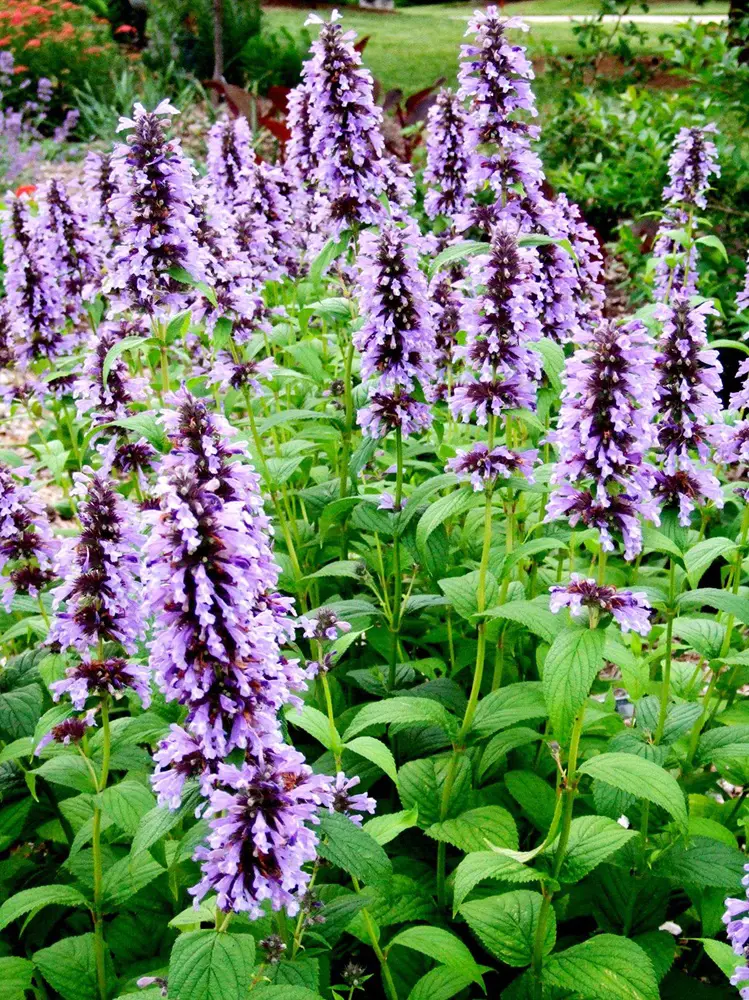
Catmints are another plant that can repel mosquitoes with its fragrance. Nepetalactone present in this plant repels many insects along with mosquitoes, however, the effect is short-term only as the scent loses its effectiveness in less than an hour.
You can rub the fresh leaves of catmints between your palms and rub them on your body. This fragrance only lasts for half an hour. Therefore, to have a lasting effect, you need to try this several times a day.
5. Lavender
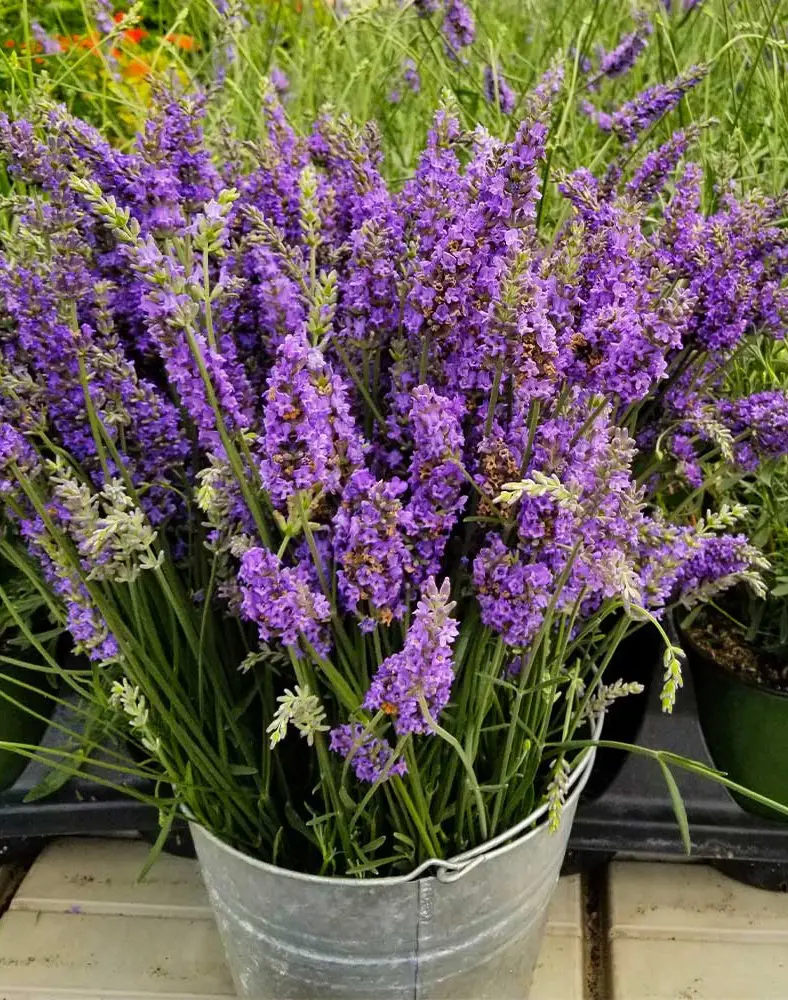
Lavender has multi-dimensional uses. This can repel several species of insects and bugs from human settlements. This plant can be both indoor as well as outdoor and releases a linalool that repulses mosquitoes away from the areas that have lavender.
You should not use lavender oil directly on your body. You need to mix lavender oil with some carrier oil first. Coconut oil can be a perfect choice. Only after doing the sensitivity check of your skin, you can apply this solution to your body.
The spray made by mixing lavender oil and water also shows good effects.
6. Rosemary
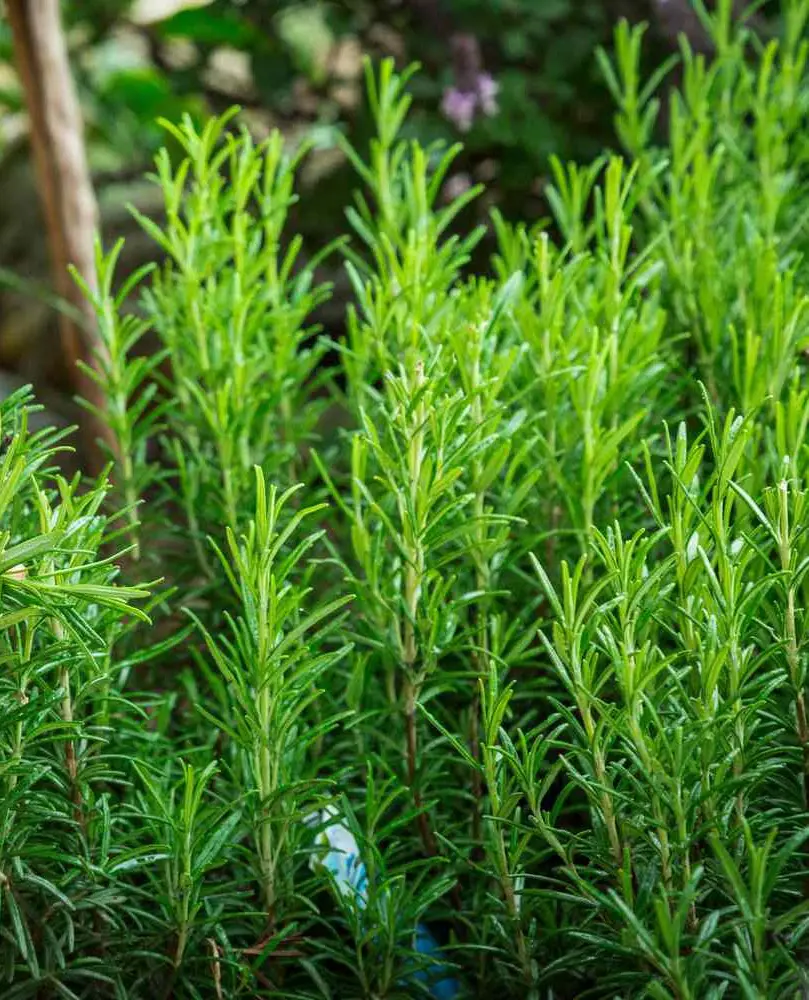
Just like mint, rosemary has multiple purposes. It is a popular choice in the kitchen while preparing several dishes that have meat on them. This plant can also be used as a mosquito-repelling agent as limonene, cineole, etc. can be extracted from it to deter mosquitoes from our surroundings.
I always find the spray of rosemary an effective way of getting rid of mosquitoes. In order to make a spray of rosemary, boil its leaves in water for more than 20 minutes until a pungent aroma is emitted. When this solution is cooled, find a spray bottle and fill this in. This will give a very effective result. You can also burn rosemary at night whose smoke will drive mosquitoes away.
7. Bee Balm

As the bee balm plant grows, it gradually releases a scent that is unpleasant to mosquitoes. Although this plant can repel mosquitoes without crushing them or boiling them, you can however rub this on your skin if you desire.
This plant is known to attract other insects like buffer flies, bees, etc. which are essential for pollination.
8. Eucalyptus
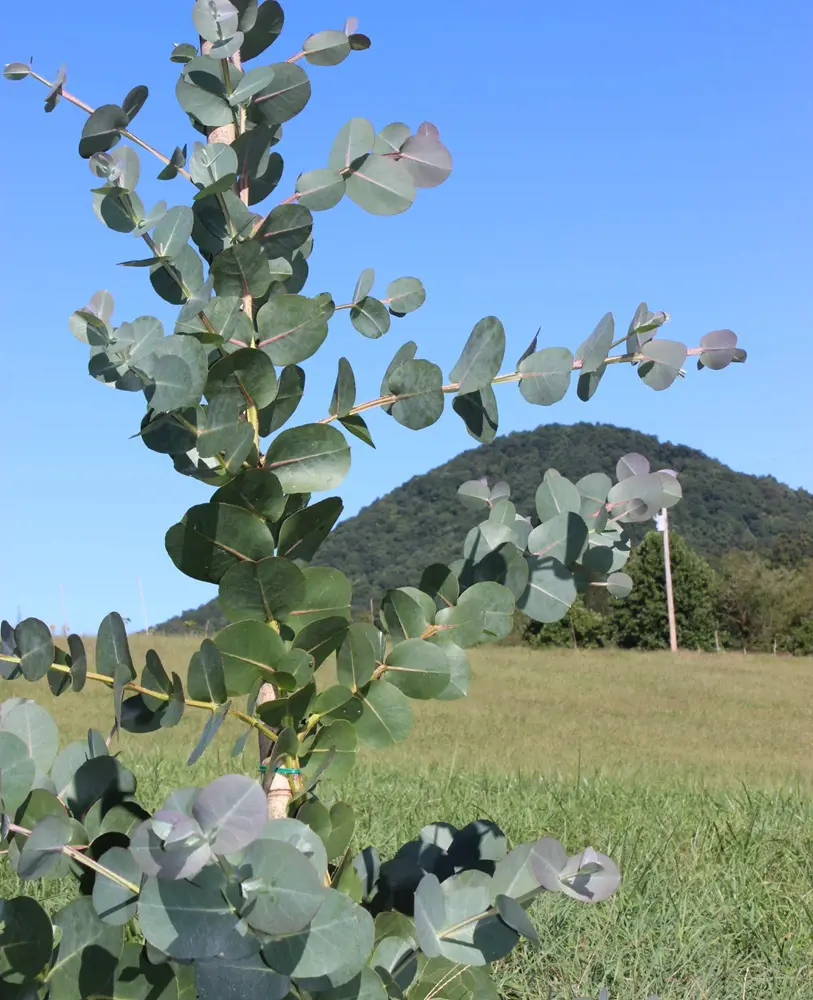
Eucalyptus has a strong odor and consists of chemicals like citronellal, which is another good way of repelling mosquitoes. You need to dilute eucalyptus essential oil with water before using it or mix this with other essential oils.
Some people prefer using a spray of eucalyptus oil. Making this is simple. Mix eucalyptus with oil like coconut oil. Then, this spray can be sprayed at desired locations.
9. Allium
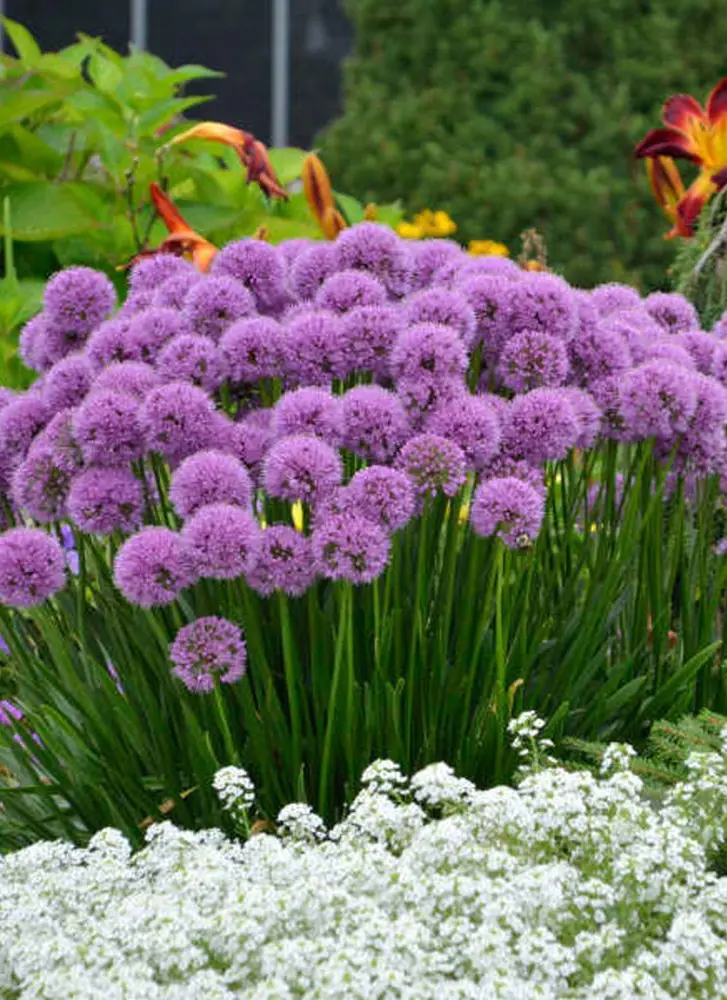
Members of the Allium family are plants like onions, chives, and leeks that flavor our food, but they have been proven to serve as an effective barrier against mosquitoes.
The bulbs of the Allium flowers bloom in spring, during which the major mosquito manifestations take place. The bulb release an unpleasant smell, especially when it is crushed. This smell keeps away mosquitoes. Placing them near your crops and vegetables, by a good placement, their scent can prevent mosquitoes from hanging around.
10. Garlic
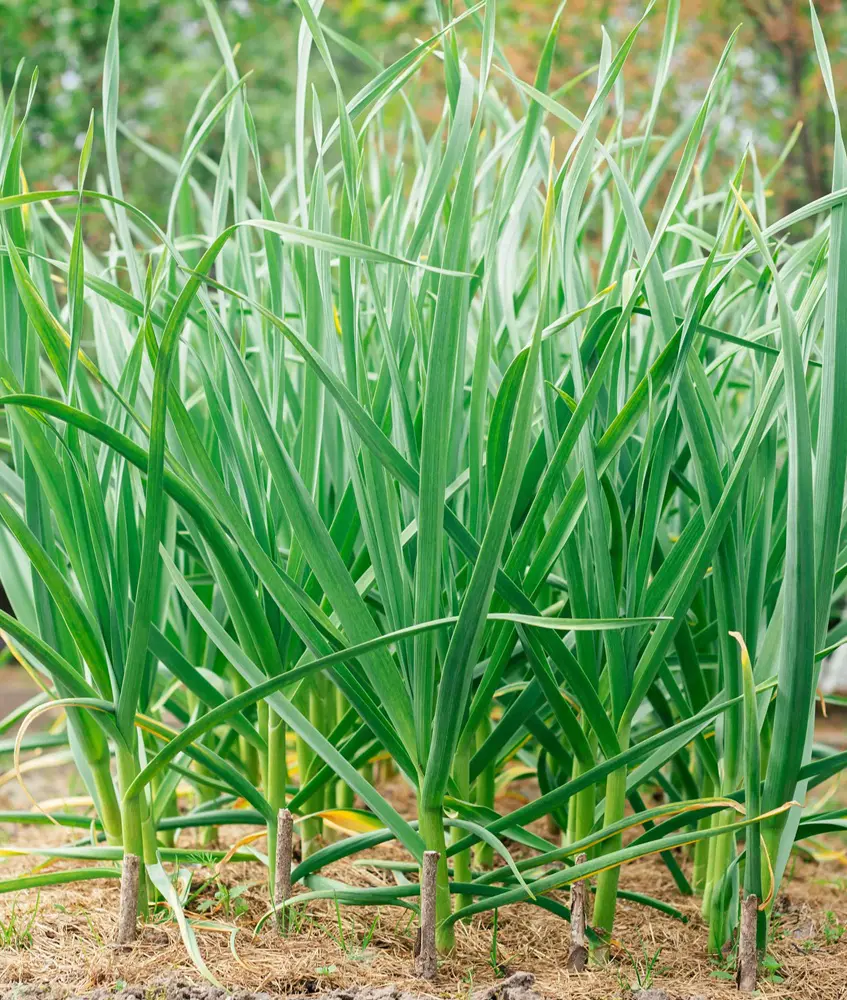
Garlic is also an Allium species. It can emit this strong smell due to the presence of compounds like allicin, whose smell is accentuated by pressing the cloves of garlic.
The strong smell of garlic masks our scent and the mosquitoes will hardly find their potential prey. They can also ward off other harmful insects like ticks and mites.
11. Lantana

Although Lantana is an invasive species in many countries, it nevertheless serves a good purpose by repelling mosquitoes. This has a specific chemical called lantadene whose scent can successfully push the mosquitoes away.
They are known to have more effectiveness during the day in the presence of sunlight. Thus, placing them in strategic locations around your house that receive good amount of sunlight might work.
12. Pennyroyal

Pennyroyal has an aroma that might be almost similar to that of mint. This plant can also be another good choice for pushing mosquitoes away from your surroundings as the chemical pulegone acts as an insect deterrent, repelling many insects, including mosquitoes. This can also prevent other bugs from coming near the plant.
In order to use pennyroyal, you need to crush its leaves. This will release oils that can be either rubbed on the skin or make a spray by mixing this oil with water. Make sure you do not ingest this as this might be toxic.
Recent posts
Gardening
Gardening
How To Grow Grass From Seed? Planting And Caring Guide
Growing grass seems like an easy task. But the ones who are already into it know how much work and patience is required for its maintenance, to transform the outdoor space into a lush, green oasis. For beginners who are starting from scratch or someo...
Gardening
How To Grow, Plant And Care Milkweed From Seed
Planting milkweed from seed is one of the most satisfactory practices. It not only adds value to your garden aesthetics but also contributes essential instinct pollinators, including monarch butterflies. Many milkweed seeds germinate best when expos...
Gardening
18 Rose Colors And Their Meanings
Roses are not only elegant flowers but they also represent something more profound. Every color of a rose has its special meaning, making it a powerful tool when it comes to conveying messages in personal relationships and occasions. Ranging fr...
Gardening
When To Plant Vegetables – A Month By Month Calendar
Understanding when to plant vegetables is essential to successful gardening as timing alone can greatly affect the productivity and health of vegetables. A month-by-month planting calendar is useful because not every month is ideal for a specific pro...
Gardening
How To Prune Hydrangeas So That It Stays Healthy
The name hydrangea conjures clusters of flowers packed densely. Hydrangeas can grow in both old and old wood, and depending on the varieties, pruning time may differ. Pruning hydrangeas is a fundamental practice for gardeners wanting to maintain thei...
Gardening
How To Prune Roses With These 10 Steps
Pruning these thorn-filled plants might seem scary, but it's crucial for having abundant rose blooms. Cutting back old growth encourages new, vibrant growth, removes dead parts, and shapes the plant. This practice also reduces the risk of fungal dise...

